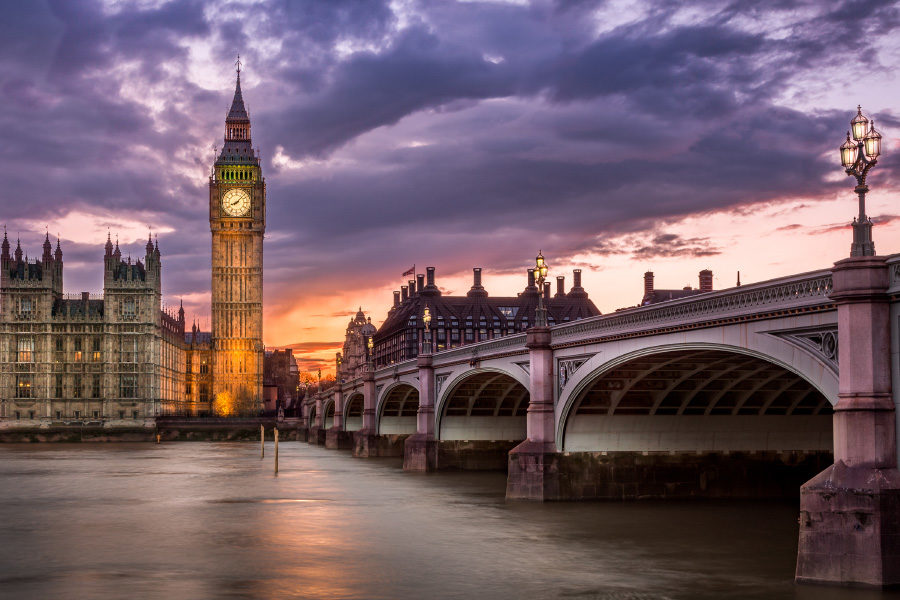UK: NHS confirms it will no longer accept funding from gambling sector

The National Health Service has confirmed that it will no longer accept grants from the gambling sector to fund its problem gambling research and treatment programmes.
UK. The National Health Service (NHS) has confirmed that it will no longer accept grants from organisations funded by gambling operators for its problem gambling clinics and research and education programmes in the UK.
NHS England mental health director Claire Murdoch published an open letter to GambleAware chief executive Zoë Osmond confirming the decision.
She said that NHS organisations will cease to participate in the “dual commissioning and funding arrangement” that currently support the NHS’s network of gambling clinics from April 1.
The decision, which raises questions about the future of GambleAware, was taken after researchers and clinicians expressed concerns about the independence of the NHS problem gambling support network and its research and education projects due to the charity’s reliance on voluntary donations from major gambling operators.
The letter reads: “We are very grateful to GambleAware for the funding that you have provided over the last three years, which has allowed us to roll out treatment services faster than would have otherwise been possible.
“However, as these become part of normal recurrent spending commitment and the number of clinics is expanded, we want to move the funding into general NHS funding, as is standard for other similar services.”
The impact on GambleAware
Osmond had already anticipated the decision, calling for the introduction of a mandatory levy on gambling operators to fund GambleAware and avoiding the charity’s integrity being questioned. She’s proposed a levy of one per cent on gross gambling yield.
GambleAware was established in 2002 as the main grant-making organisation for problem gambling prevention and treatment services. The organisation has a Five-Year Organisational Strategy that revolved around an integrated strategy with NHS bodies.
However, Murdoch said the NHS’s decision to cut ties with GambleAware was influenced by the opinions of patients themselves as well as by staff who saw a conflict of interest in the gambling industry’s funding of GambleAware.
She said: “Our decision has been heavily influenced by patients who have previously expressed concern about using services paid for directly by industry. Additionally, our clinicians feel there are conflicts of interest in their clinics being part-funded by resources from the gambling industry.
“Gambling treatment services do not prevent people from being harmed in the first place and we would like to see the industry take firm action so that people do not need to seek help from the NHS. We hope that you will continue to join us in calling for the gambling industry to be more heavily regulated and taxed to generate public funding to address gambling harms.”
The NHS said it would maintain a “constructive relationship” with GambleAware while the changes are introduced.
Earlier this month, GambleAware announced that gaming operators’ donations to the charity had increased by 255 per cent this year. It received £16m in donations in the first three quarters of its fiscal year.











